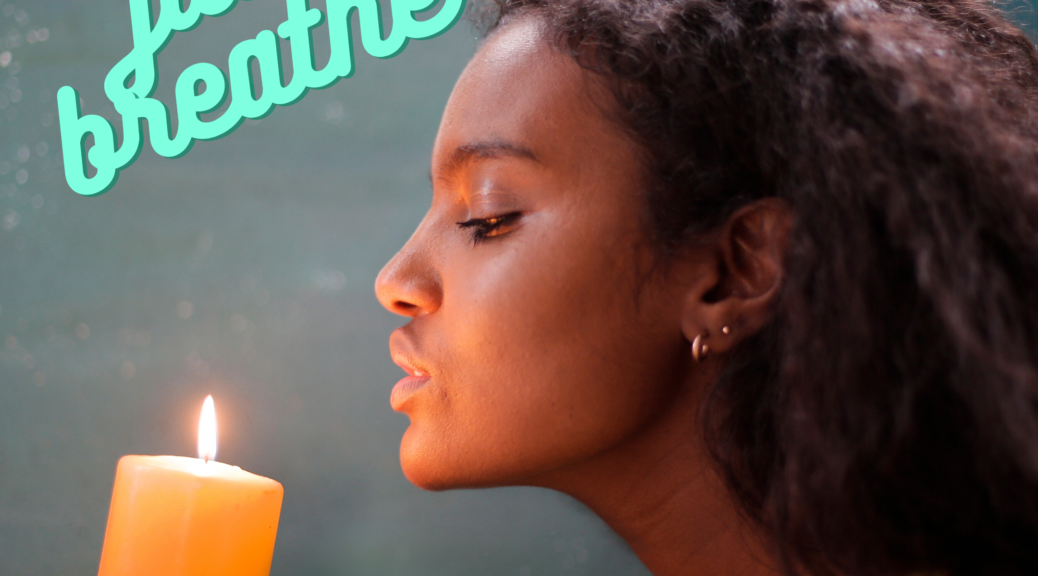
So Many Reasons to Practice Mindfulness
Mindfulness meditation helps you be in the present moment. Instead of focusing on anxious or depressive thoughts, mindfulness can assist you to change this pattern.
Your focus can then be on the present moment. The here and now.
In the present, you can recognize you are well and good, even if things aren’t perfect. This alone can be a huge shift in our thinking and quite often enough to pull us out of a negative thought spiral.
Thoughts that make us feel depressed or sad often come from thinking about the past, while anxiety or worried thoughts often come from thinking about the future.
Being in the present moment is where your mind can relax and focus on what is in front of you now. You know, that ONE thing you can actually do anything about?
Mindfulness brings with it many benefits that result from being settled more in the present moment.
With practice, it can help you to stop the cycle of hopeless or fearful thoughts your mind may be playing out. But, by focusing on the moment, you can also often overcome challenges easier.
When you are mindful you can deal with problems head-on, from a calmer state of being. The idea being that while calm and addressing problems, you won’t make rash or uneducated decisions. You can choose to take your time and be thoughtful instead of emotional.
Think of how beneficial this would be in a sticky situation like a difficult conversation, or dealing with a banking problem…you feel me?
Need proof? Let me tell you about two studies conducted which showed some benefits of mindfulness on depression and anxiety.
In the first study, participants measured anxiety by self-reporting the severity of their fear. Participants would write down the number of times they felt anxious daily. They would also write down their thoughts about their nervousness. Some participants then received some training that consisted of three-minute mindfulness practice twice a week. A control group did not get any of the mindfulness training or practice.
In the second study, researchers set up a similar study but used a standard measure of psychological well-being. It included the Beck Depression Inventory (BDI), the Brief Symptom Inventory (BSI), and the Beck Anxiety Inventory (BAI). These measured participants’ anxiety before and after they received training in mindfulness practice.
Results from both studies indicated that participants who received mindfulness meditation benefited and showed improvement in reported feelings of fear and anxiousness. Those in the control group – the group that didn’t get any mindfulness training or practice – showed no such improvement.
Participants also reported changes in depressive symptoms. The mindfulness intervention showed a significant improvement in these symptoms.
Mindfulness Exercise
One of the most useful mindfulness practices is to notice how you are feeling, what you are thinking, and awareness of your breathing. This meditation helps you slow down and focus on the here and now.
- Shut off any distractions (cell phone, outside noises)
- Take a moment to breathe in and out for three breaths
- Notice the thoughts in your mind right now. You can choose to write this down.
- Ask yourself: How am I feeling right now? Try to find a feeling. If you aren’t sure, or can’t identify the feeling, use a Feeling Wheel to identify your feeling.
- Notice your breath and how you are breathing. Is your breathing shallow? Are you breathing heavily? Try to slow down your breathing by taking three deep mindful breaths. Let your exhale be longer than your inhale. You can also try Candle Breath meditation to help you out. Click here to see how it works.
- Ask yourself again: How am I feeling right now?
- Notice the thoughts in your mind again now after you’ve relaxed your breathing.
The power is in the breath and the noticing. Practicing this often can help raise your awareness of Self and how you react to different situations. This allows you to choose your reactions instead of having a default reaction occur. One that often isn’t in our best interest like fearful or anxious thoughts.
How often do YOU actually spend practicing mindfulness in a week? (let me know in the comments below)
big hugs
